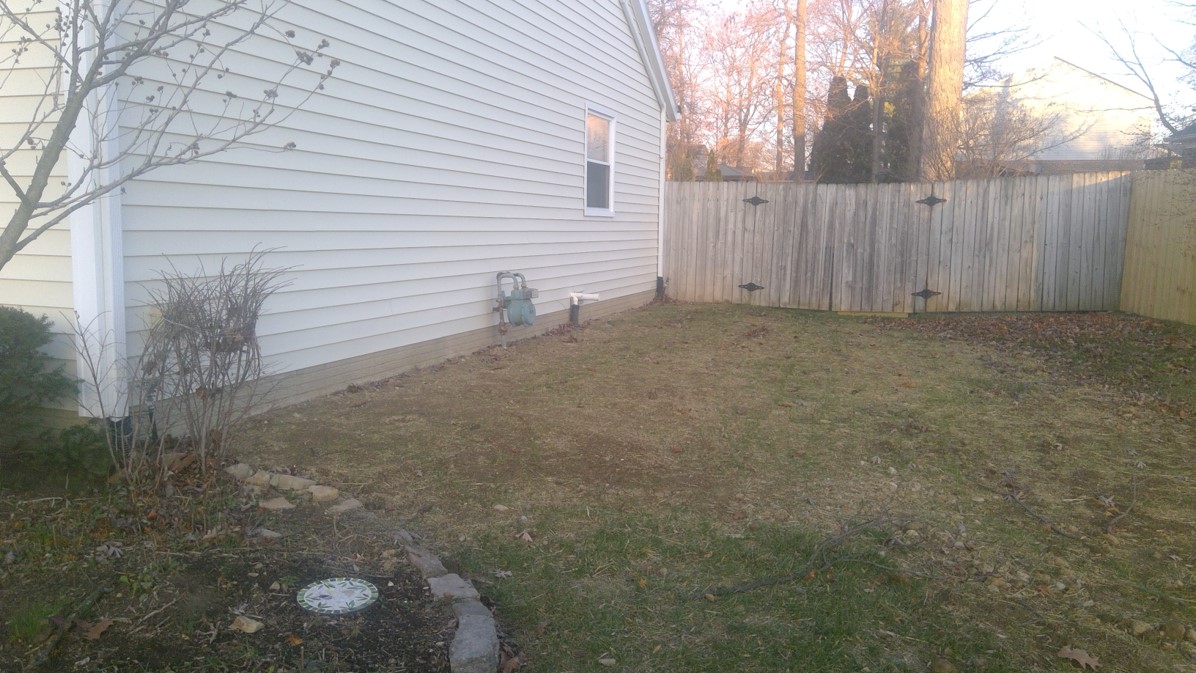
It is important to make sure your basement is kept dry, safe, and healthy. Doing so can help to preserve the home’s structural integrity and prevent additional problems in and around the home. Water is able to get into the basement in a variety of ways, including over the top of the foundation, through the cove joint, through leaking wall or floor cracks, through the basement window, through the cove joint (where the wall and floor meet), or the problem could be related to a plumbing issue.
Moisture here can cause a lot of expensive damage, including wood rot to support beams and floor joists. This decaying wood doesn’t just endanger the home’s structural integrity, but it can also be very attractive to unwanted pests, including termites and roaches. Furthermore, moisture in this area of the home can lead to the growth of dangerous mold or mildew. This is a fungus that can grow on walls, floors, or ceilings, and it can make the home smell very musty. Additionally, it can cause a variety of serious health problems. These issues can all be avoided by making sure that an effective waterproofing system is installed below the home to help keep it moisture-free.
Water in your basement can ruin treasured belongings. Mold thrives in wet environments and causes health problems. Mold spores will migrate from a basement into your upstairs living areas. Musty odor in a basement is the fecal matter of active mold spores.
Why Does My Basement Leak?
Gravitational Force and the path of least resistance. Wow, this sounds technical. Don’t worry, we’ll make the concept as to why your basement leaks simple. During the construction phase of a home that is going to have a basement the builder digs a hole in the ground. This hole disturbs the virgin soil, soil that may not have been touched for thousands of years. This process is necessary in order to build a foundation.
